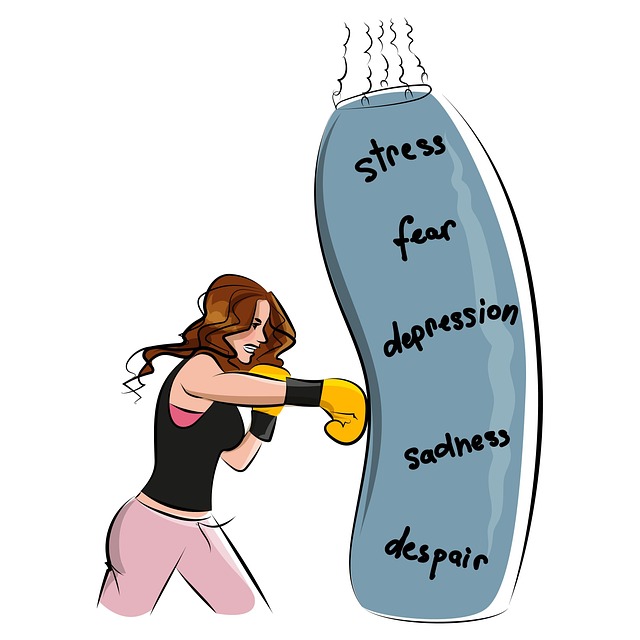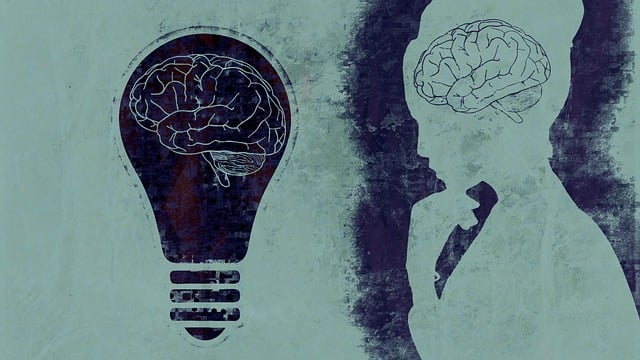Children's Conduct Disorder (CCD) is a complex mental health condition requiring tailored therapy programs and mental health education for caregivers. Podcasts offer a powerful tool to reach and support those affected by CCD, providing valuable knowledge on therapy techniques and fostering open conversations about mental health. Effective podcast content blends education, empathy, and actionable insights, such as self-awareness exercises, cultural sensitivity, conflict resolution techniques, and positive discipline methods, making it a valuable resource for therapy and building resilience in children with conduct disorder.
“Unraveling the complexities of Children’s Conduct Disorder (CCD) through the lens of podcasting, this series aims to empower parents and caregivers with comprehensive insights. With ‘The Power of Podcasting in Mental Health Support’, we explore how this medium reaches a wider audience, offering solace and guidance. Learn effective strategies for creating engaging content tailored to CCD therapy. Discover actionable tips to produce a successful podcast series that educates, inspires, and ultimately fosters mental wellness for children struggling with conduct disorder.”
- Understanding Children's Conduct Disorder: A Comprehensive Guide for Parents and Caregivers
- The Power of Podcasting in Mental Health Support: Reaching a Wider Audience
- Creating Engaging Content: Strategies for a Successful Therapy Podcast Series on Conduct Disorder
Understanding Children's Conduct Disorder: A Comprehensive Guide for Parents and Caregivers

Children’s Conduct Disorder (CCD), often characterized by repeated and persistent patterns of inappropriate behaviour, can be a complex challenge for parents and caregivers. It’s crucial to understand that CCD is not merely bad behaviour; it’s a mental health condition that may stem from underlying issues like trauma, poor coping mechanisms, or developmental delays. A comprehensive guide for parents should cover the basics of CCD, its potential causes, and available therapy options designed specifically for children with this disorder.
One effective approach to addressing CCD is through tailored therapy programs that focus on inner strength development and trauma support services. Mental health education programs can empower caregivers to better understand and manage challenging behaviours by providing strategies for consistent, positive discipline. By integrating these programs into their care routine, parents can create a nurturing environment that encourages healthy emotional expression while fostering resilience in their children.
The Power of Podcasting in Mental Health Support: Reaching a Wider Audience

In today’s digital era, podcasting has emerged as a powerful medium to reach and support a wider audience with mental health concerns, including Therapy for Children Conduct Disorder. This innovative approach allows experts, therapists, and advocates to share their knowledge and experiences in an engaging format, making complex topics more accessible and understandable. By tuning in, listeners can gain valuable insights, practical strategies, and a sense of community, all from the comfort of their homes.
Podcasts offer a unique opportunity to promote various therapeutic techniques such as Social Skills Training and Resilience Building. They can also serve as platforms for raising awareness about Stress Management Workshops Organization, providing alternative resources for those seeking mental wellness support. This accessible format encourages open conversations about mental health, fostering an environment where individuals feel empowered to take charge of their well-being.
Creating Engaging Content: Strategies for a Successful Therapy Podcast Series on Conduct Disorder

Creating engaging content for a therapy podcast series on conduct disorder requires a strategic approach that combines education, empathy, and actionable insights. Start by incorporating self-awareness exercises tailored to parents and caregivers, helping them understand their child’s behavior and develop coping strategies. For instance, guided meditations or reflective journaling prompts can encourage listeners to explore their emotions and identify patterns in their interactions with their children.
Additionally, cultural sensitivity in mental healthcare practice is paramount when addressing conduct disorder. Discuss diverse perspectives, family structures, and community influences that might shape a child’s behavior, ensuring your content resonates with a broad audience. Offer practical advice on conflict resolution techniques that consider the unique needs of each family while promoting positive discipline methods. By balancing educational content with personal stories and expert insights, your podcast can become a valuable resource for those seeking therapy for children conduct disorder.
In conclusion, podcast series focused on mental wellness, particularly therapy for children’s conduct disorder, hold immense potential to reach and support a diverse audience. By combining informative content with engaging strategies, as outlined in this guide, creators can produce valuable resources that cater to parents, caregivers, and affected individuals alike. Leveraging the power of podcasting allows for open conversations about conduct disorder, fostering understanding and promoting effective interventions.














